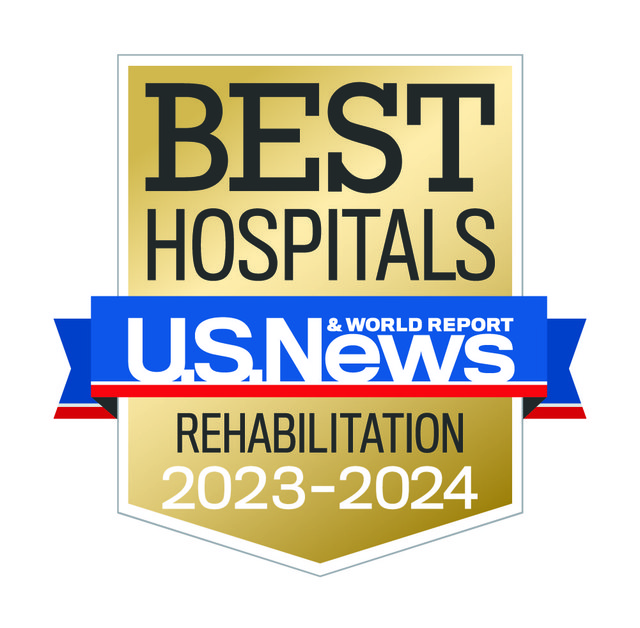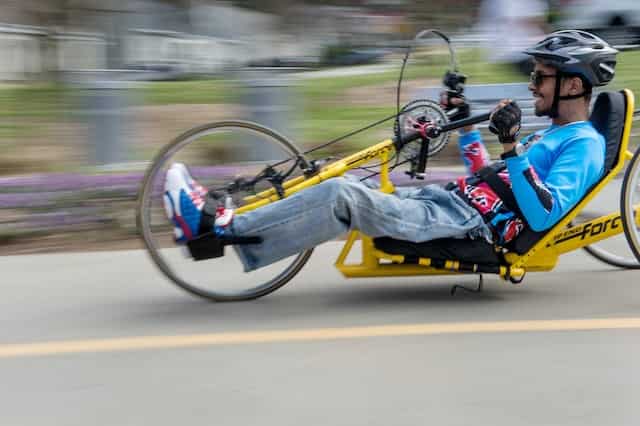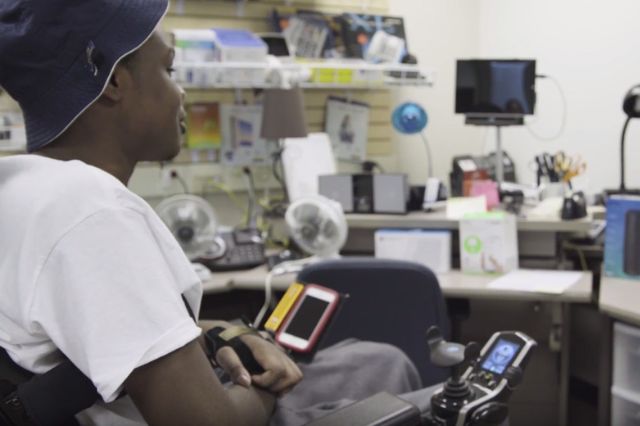Pre-Doctoral Externship: Inpatient Acute Brain Injury and Comprehensive Rehabilitation Unit
Now accepting applications for Summer/Fall 2024-2025
Externship Overview
This is an advanced diagnostic practicum involving neuropsychological assessment and brief interventions with individuals with acquired brain injuries (ABI). The opportunity to work with patients who have sustained Spinal Cord Injuries (SCI), dual diagnosis (TBI/SCI), as well as other neurological disorders is also available in our Comprehensive Rehabilitation Unit (CRU). An advanced student is generally defined as a fourth-year student (applying in the spring of the third year) in the neuropsychology track or medical psychology track. The advanced student needs to have completed assessment curricula and completed at least one other external neuropsychology practicum.
Externship Location
Shepherd Center
2020 Peachtree Rd NW
Atlanta, GA 30309
Length of Training
August 2024 - August 2025 - 2 days/16-20 hours per week
- The length of training can be flexible depending on the program and practicum agreement.
- Wednesdays are strongly preferred.
Externship Supervisors and Faculty
All students are assigned a primary supervisor. Each week, the student will receive at least one hour of individual supervision, in addition to one hour of group supervision obtained through clinical and didactic activities (dependent on the days on which the student is on-site). Additional informal supervision regularly occurs as the student manages the demands of clinical services. Styles and modes of supervision vary according to the supervisor. The student may also receive tiered supervision by a postdoctoral Neuropsychology Fellow. The student receives feedback on case presentation, performance in team meetings and seminars, consultative/supervisory work, writing skills, and overall professional conduct. Future career planning and interviewing skills are also addressed during supervisory sessions.
Externship supervisors and faculty include:
- Vanessa Watorek, Psy.D., Clinical Neuropsychologist (ABI) and Primary Supervisor
- Abby Culin, LMFT, Family Therapist (ABI)
- Chelsea Day, Psy.D., Clinical Neuropsychologist (ABI) and Inpatient Neuropsychology Supervisor
- Michelle Jackson, Ph.D., ABPP-CN, Clinical Neuropsychologist (ABI)
- Lauren Thomas, Psy.D., Clinical Neuropsychologist (CRU)
Agency Involvement
The primary clinical population for this externship includes individuals with traumatic brain injury (TBI) and non-traumatic brain injury. The most common precipitating factors leading to TBI cases seen in this facility include motor vehicle accidents, falls, gunshot wounds to the head, and assault. The most common precipitating factors leading to non-TBI cases seen in this facility include stroke, anoxia, aneurysm, brain tumor, and hydrocephalus.
Inpatient evaluations involve serial neurobehavioral assessments, cognitive screeners, and brief neuropsychological testing (1.5-2 hours) before discharge from the inpatient unit if/as deemed clinically warranted.
Student Involvement
This is typically a two-day practicum placement (16-20 hours per week). The trainee will have the opportunity to learn how to conduct neurobehavioral evaluations inpatient neuropsychological evaluations, assess and manage disorders of consciousness, and conduct individual and group interventions with patients.
Students may be able to lead adjustment groups and psychoeducational lectures for family members. Students will gain experience in consultation with medical staff members, healthcare teams, families, and administrative systems.
Intervention typically involves behavior management planning and individual/group intervention for adjustment issues. Students have the opportunity to apply Cognitive Behavior Therapy (CBT), Acceptance and Commitment Therapy (ACT), and Motivational Interviewing (MI) approaches with patients and families.
Application Process
Interested students should apply by January 5, 2024, for late summer/fall placement.
Please submit curriculum vitae and a brief cover letter stating your reasons for interest in this practicum and how it will meet your training needs to Vanessa Watorek, Psy.D., at vanessa.watorek@shepherd.org. Students are encouraged to reach out to Dr. Watorek with any questions at the email above or via phone at 404-350-7553.
Interviews will take place from the end of January through February. Students who are selected for interviews will be contacted by their preferred method of communication (e-mail or phone). Candidates will be invited either for onsite or video-conference interviews with staff members. Students will be informed if they will be offered a practicum by the end of February.




